Best Dog Food for Pugs With Skin Allergies That Works
For pugs with skin allergies, the best food uses limited ingredients, a novel protein, and added omega fatty acids to reduce inflammation and restore coat health.
Seeing your pug scratch, chew paws, or lose fur is upsetting. Those symptoms reduce playtime and sleep for both of you. The right diet can calm the immune response and improve skin health over weeks. This guide explains what usually causes pug allergies, which foods help most, supplements and vet-backed steps, and how to switch safely.

What Causes Skin Allergies In Pugs?
Most pugs react to common proteins and environmental triggers.
Common Food Triggers
Chicken and beef are frequent culprits.
Dairy and eggs can cause digestive and skin problems.
Wheat, soy, and corn trigger reactions in some dogs.
Environmental And Contact Triggers
Pollen, dust mites, and grass cause seasonal flare-ups.
Flea bites often produce intense local allergic reactions.
Harsh detergents or scented products can irritate sensitive skin.
How Allergies Show In Pugs
Persistent scratching and red or inflamed skin.
Ear infections and chronic head shaking.
Paw licking, hair thinning, and hots pots.
What Are Most Pugs Allergic To?
Most pugs show sensitivity to proteins like chicken and to common grains such as wheat.
Top Food Allergens
Chicken — common in many diets.
Beef — can cause both skin and gut reactions.
Dairy — often leads to ear problems and loose stool.
Hidden Sources To Watch
By-products and unnamed "meat meals".
Artificial flavors and colorants.
Cross-contamination in manufacturing.
What Is The Healthiest Dog Food For A Pug With Allergies?
The healthiest option is a limited-ingredient diet with a single novel protein and balanced nutrients.
Key Features To Look For
Single, named protein source (e.g., salmon, duck, venison).
Limited total ingredients to simplify allergy testing.
Added omega-3 and omega-6 fatty acids for skin repair.
Probiotics to support digestion and immune balance.
AAFCO-complete statement to ensure nutritional adequacy.
Beneficial Nutrients For Skin
Omega-3 (EPA/DHA) reduces inflammation.
Zinc supports skin regeneration.
Biotin and vitamin E strengthen coat quality.
What Can I Give My Pug For Allergies?
Support your pug with targeted supplements, topical care, and vet-prescribed treatments when needed.
Supplements That Help
Fish oil daily for omega-3 benefits.
Probiotics to rebalance gut flora.
Quercetin or vet-approved antihistamines for flare control.
Topical And Home Care
Oatmeal baths soothe inflamed skin.
Coconut oil applied sparingly can ease dryness.
Keep bedding clean and use hypoallergenic washing detergents.
When To See The Vet
Persistent or worsening symptoms.
Signs of infection (pus, bad smell, fever).
If medication or allergy testing is needed.
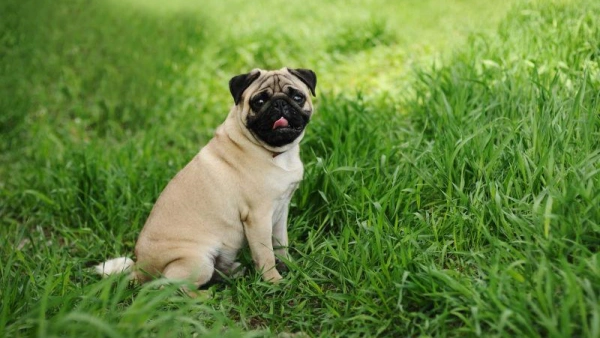
Is Wet Or Dry Food Better For Pugs?
Both formats have benefits; choose based on hydration needs, dental health, and ingredient quality.
Pros And Cons
| Aspect | Wet Food | Dry Food |
|---|---|---|
| Hydration | Higher moisture helps skin and kidneys | Lower moisture; add water if needed |
| Palatability | Highly palatable for picky eaters | Less palatable for some sensitive dogs |
| Dental | Does not clean teeth | Helps reduce plaque via chewing action |
| Storage | Shorter once opened | Long shelf life |
Recommended Strategy
Mix wet and dry to combine hydration and dental benefits.
Ensure both products are limited-ingredient and allergy-safe.
Introduce changes slowly and monitor skin response.
Which Brands Are Best For Pugs With Skin Allergies?
Choose vet-recommended, limited-ingredient formulas with named proteins and added omega fatty acids.
Top Brands To Consider
Blue Buffalo Basics — limited-ingredient, single-protein options.
Hill’s Prescription Diet (when vet-prescribed) — clinical support for severe cases.
Purina Pro Plan Sensitive Skin & Stomach (Salmon) — widely vet-recommended.
Wellness Simple — gentle recipes with single proteins.
Natural Balance L.I.D. — grain-free, omega-rich choices.
How To Choose Among Brands
Match the protein to your pug’s history (avoid known triggers).
Check the ingredient order; main animal protein should be first.
Prefer formulas with added EPA/DHA and antioxidants.
Everything Our Vets Recommend
How To Transition Your Pug To A New Food?
Transition slowly over 7–10 days to avoid digestive upset and to observe allergy changes.
Step-By-Step Transition
Days 1–3: 75% old food, 25% new food.
Days 4–6: 50% old, 50% new.
Days 7–9: 25% old, 75% new.
Day 10+: 100% new food if no issues.
What To Monitor
Coat shine and shedding patterns.
Scratching frequency and intensity.
Stool consistency and appetite.

Best Dog Food For Pugs With Skin Allergies - FAQs
What are most pugs allergic to?
Most pugs react to proteins like chicken and beef and to common grains such as wheat and soy.
What is the healthiest dog food for a pug?
The healthiest diet is limited-ingredient, contains a novel protein, includes omega-3 fatty acids, and meets AAFCO standards.
What can I give my pug for allergies?
Use omega-3 supplements, probiotics, oatmeal baths, and vet-recommended medications or prescription diets when needed.
Is wet or dry food better for pugs?
Both can work. Wet food helps hydration; dry food supports dental health. Mixing both often gives balanced benefits.
How long until I see improvement after switching food?
Expect to see changes in 4–8 weeks. Some dogs improve sooner, but full skin recovery can take up to 12 weeks.
Conclusion
Selecting the best dog food for pugs with skin allergies starts with identifying triggers, choosing limited-ingredient or novel-protein formulas, and supporting skin health with omega fatty acids and proper hygiene.
You May Like:
- Latest Guide 2025: Grain Free Dog Food for Dogs With Allergies
- Vet-Recommended Wet Dog Food for Sensitive Stomachs — 2025 Guide
- How Many Cups in a 40lb Bag of Dog Food? Find Out Now
- Fresh Food for Dogs with Allergies: Mistakes to Avoid
User Comments
Does flea treatment kill ear mites too?
Can dogs take human probiotics?
Can dogs have people probiotics safely?
Related Articles
View all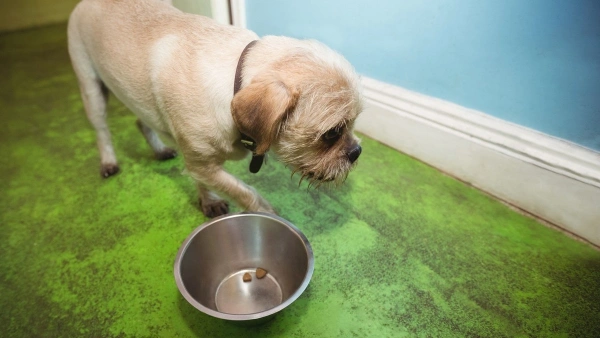
Vet-Recommended Wet Dog Food for Sensitive Stomachs — 2025 Guide

Best Dog Food for Pugs With Skin Allergies That Works
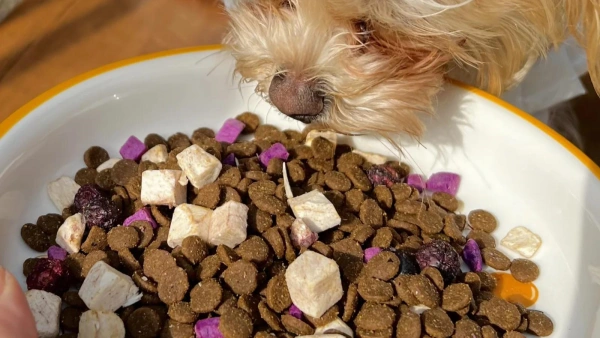
Latest Guide 2025: Grain Free Dog Food for Dogs With Allergies

Fresh Food for Dogs with Allergies: Mistakes to Avoid

Vet-Recommended Wet Dog Food for Sensitive Stomachs — 2025 Guide

Best Dog Food for Pugs With Skin Allergies That Works

Latest Guide 2025: Grain Free Dog Food for Dogs With Allergies

Fresh Food for Dogs with Allergies: Mistakes to Avoid

How Much to Feed a German Shepherd: Mistakes and Fixes Today


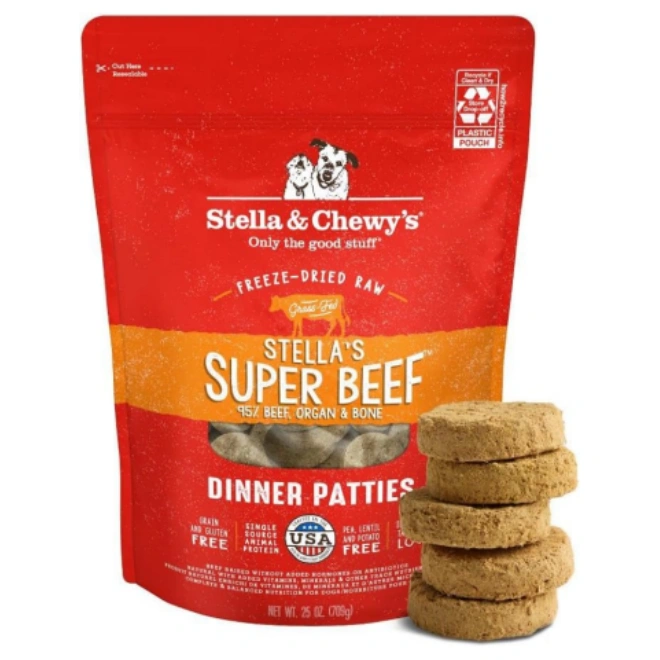
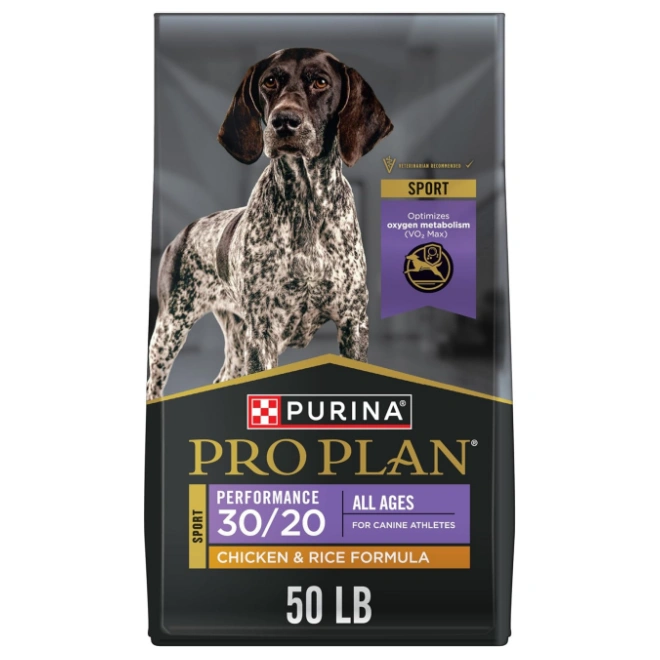
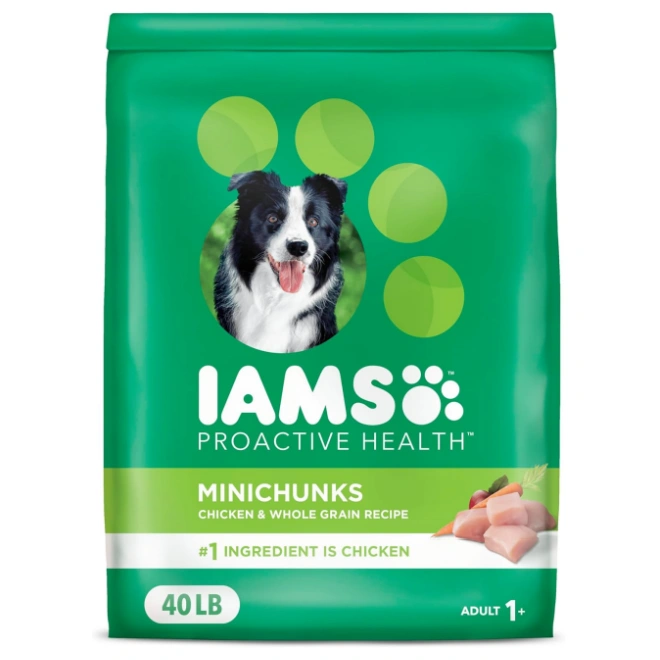
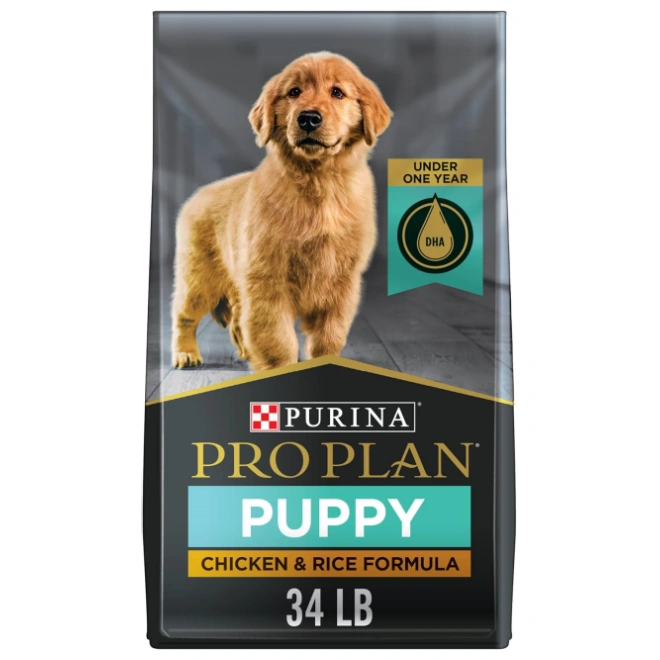








Leave a Reply